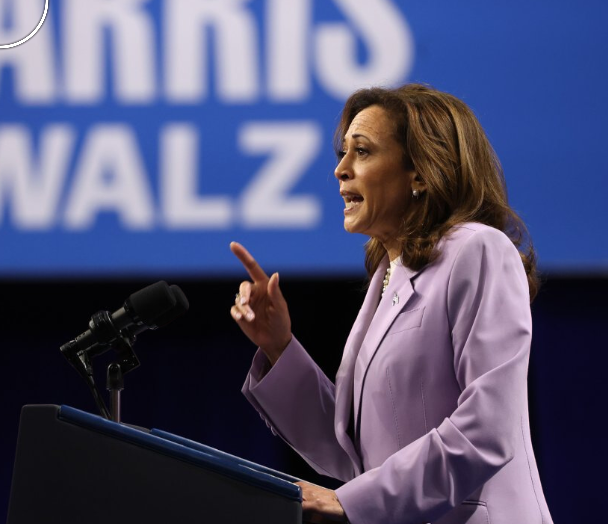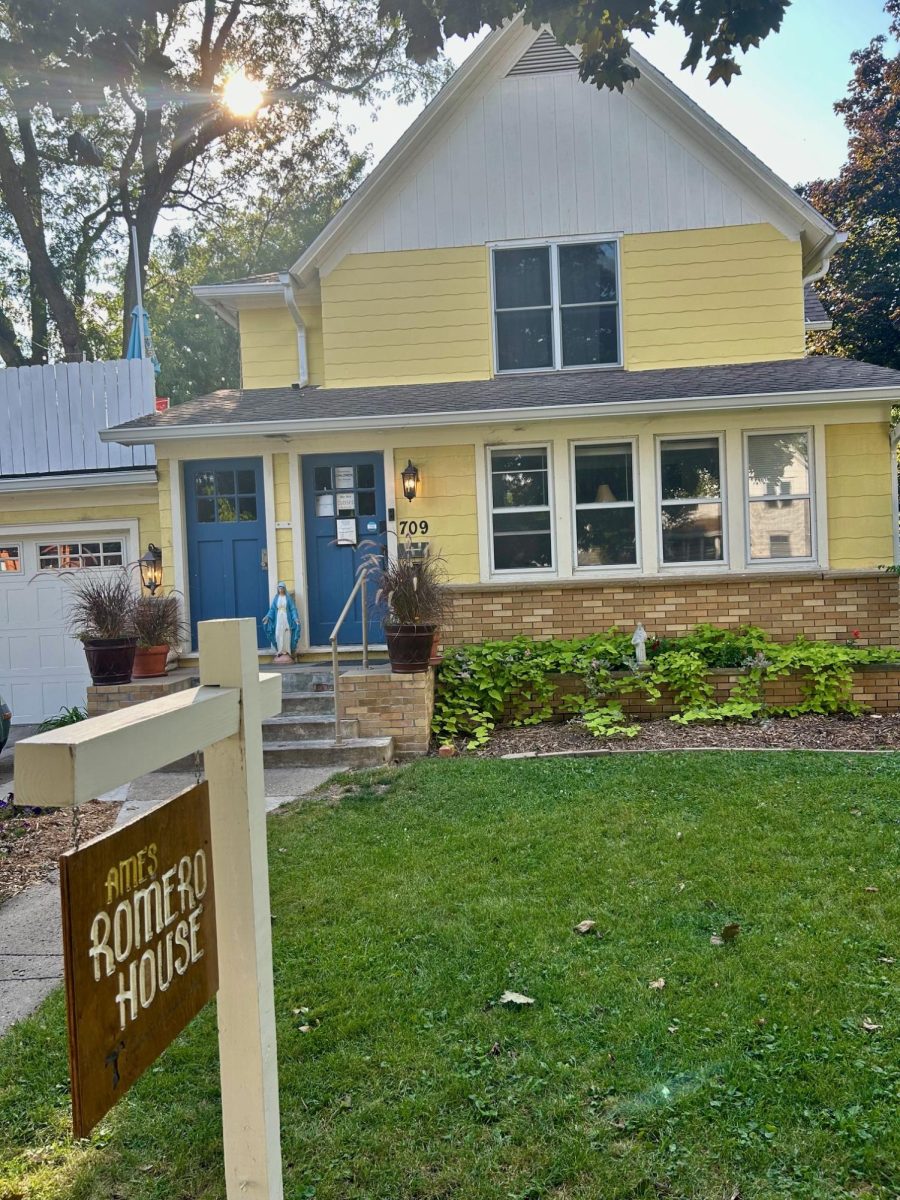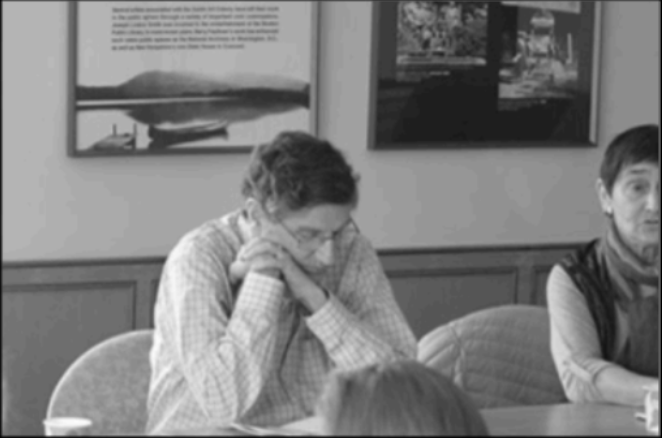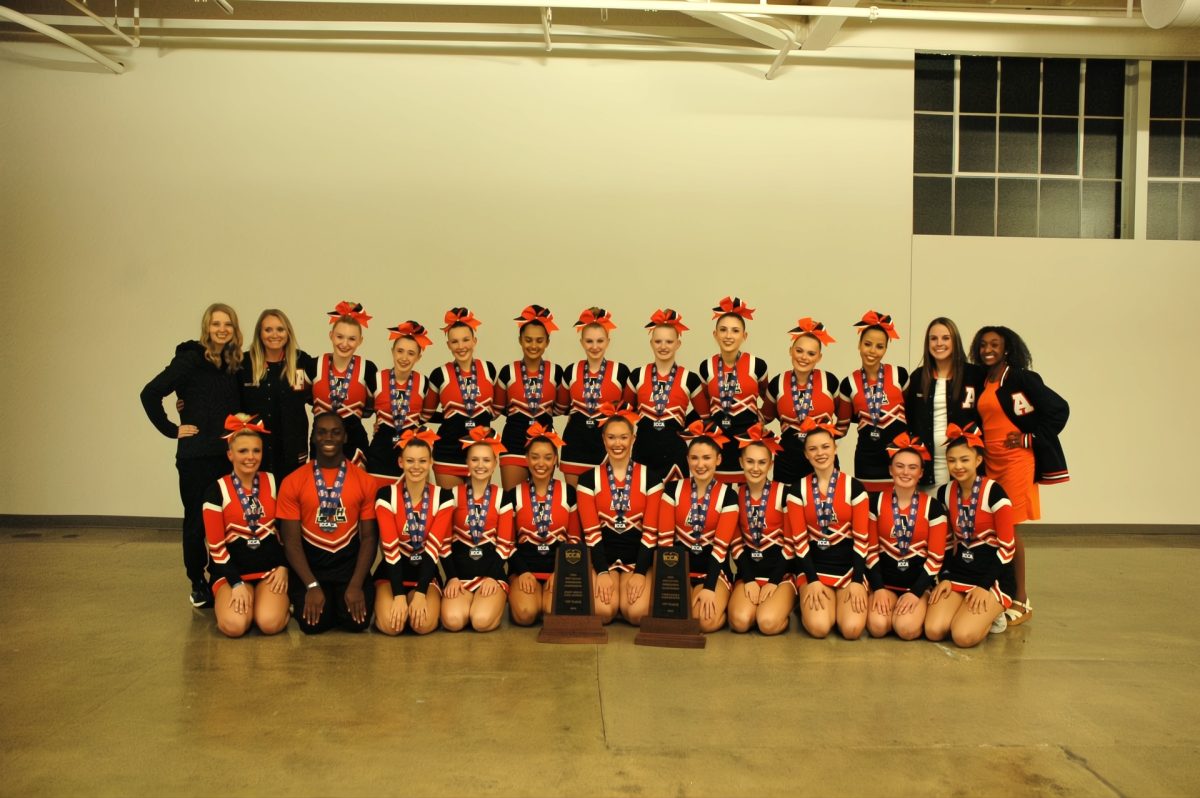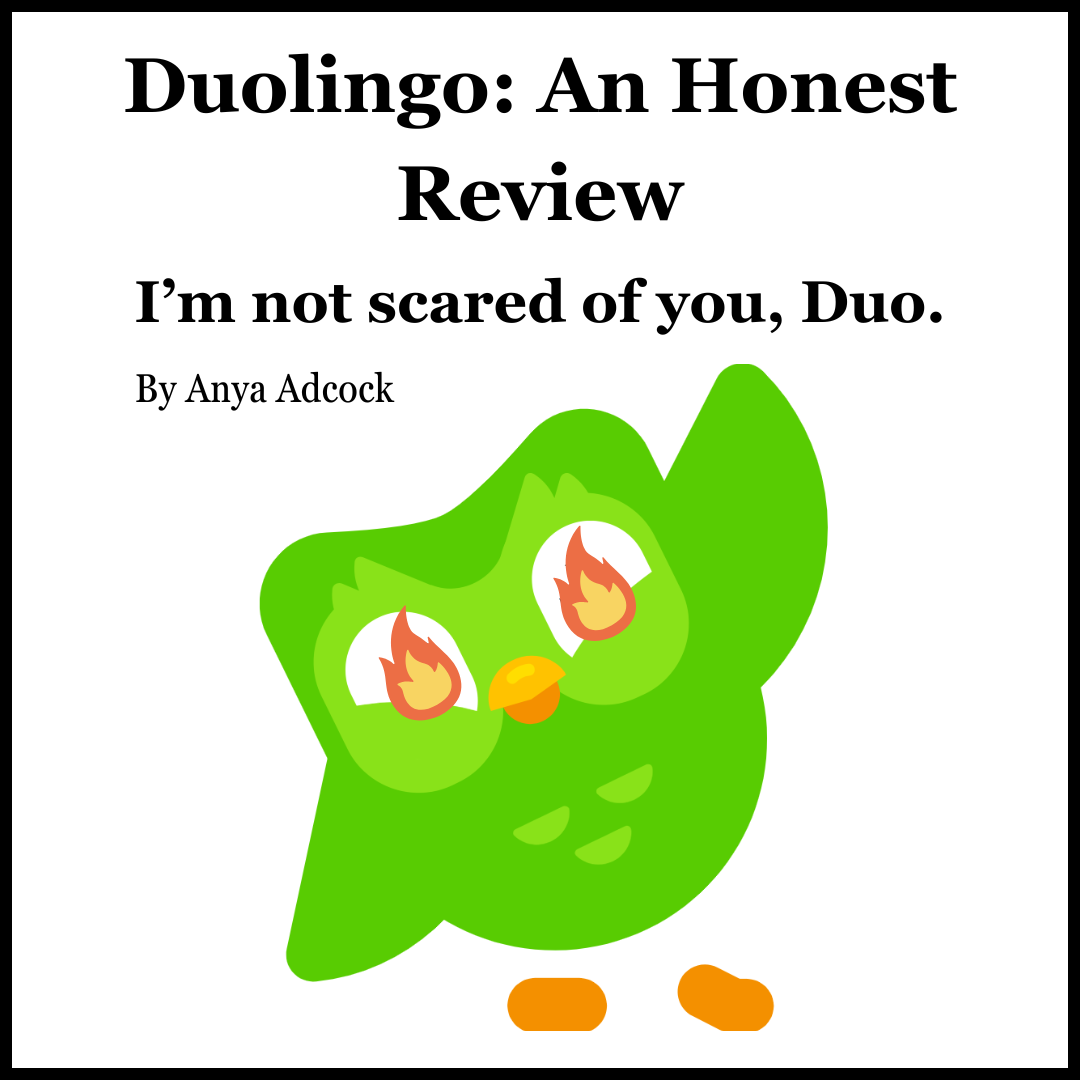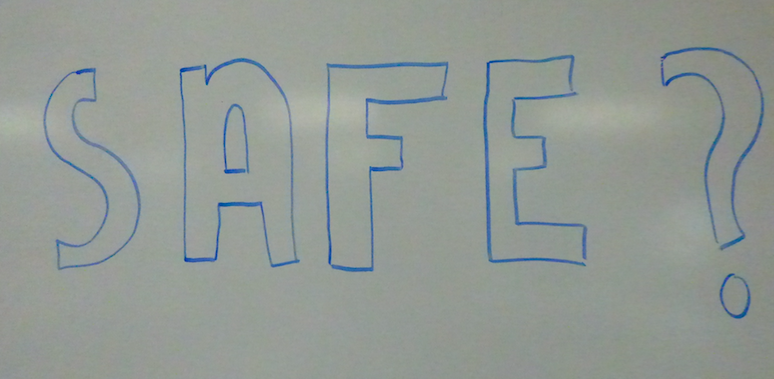Safe Spaces 201
November 8, 2016
The world is scary, sure. Humanity can be hateful and chalked with malice. As a reflex, people tend to shelter themselves from ideas that frighten them. We are soft and fragile as human beings and it is just as well that we are easily offended by anything poky and mean. Recently, the act of fleeing from things that hurt our feelings has become an issue at universities where students have established ‘safe spaces’ in which likeminded people hide from any ideas that are not comfortable to them. With the rising prominence of this trend, this year’s acceptance letters from the University of Chicago included two things: one- the joyous news that the selected student was accepted to the university and two, college ‘safe spaces’ and trigger warnings would not be tolerated by any means on U of Chicago campus.
The truth is, the more that students are sheltered from Earth’s inevitably imposing traits, the more they are impacted the moment they must face them. While safe spaces seem as though they are beneficial in promoting acceptance, it is quite the contrary. The creation of safe spaces conveys the message that we should not be accepting of others’ ideas if they appear unfriendly to our personal values. Franz Kafka once said, “Altogether, I think we ought to read only books that bite and sting us.” This idea should apply to society as a whole. If we are only faced with comfortable and pleasing ideals, then our minds are not stimulated whatsoever and we do not give much thought to challenging concepts.
Safe spaces promote a ‘no judgment’ mentality, and this is a kind sentiment- however, it’s not necessary to have little areas designated for this. That implies that judgment and danger are inherent to everywhere that isn’t a safe space. Assuredly, It is a mistake for people to believe so. The purpose of college is to enhance learning in an effective environment, such as a classroom- which should, in all purposes, be safe.
Sarah Demers, an assistant professor of physics from Yale says, “It is exactly the inescapable reality of the world that these safe spaces can combat at least to the level of giving people a reprieve, giving them permission for a small time to be themselves, and building their confidence so that they can more fully be themselves in the world.” While there are aspects of this statement that have some merit, there are also several fallacies. Combatting inescapable realities merely creates false expectations. The sad truth is that humans are judgmental whether they voice their judgments or not. People can and will remain judgmental in safe spaces.
In a diverse community, it is occasionally nice to find likeminded individuals to whom you relate and whom you may converse with (such as one might in a ‘safe space’)- however, in excess this can lead to stereotyping and segregation other individuals with any differing points of view which makes safe spaces themselves counter-productive.
While many universities offer psychological help, this is somewhat different from safe spaces. Some students suffer from mental illnesses that require medical help and assistance from professionals. While It is possible that safe spaces do give some mental relief, there is no documented psychological effect. However, if a group mentality is formed in these small enclaves, it can lead to in-group bias- a phenomenon in which members of a group discriminate against those who aren’t in the group.
After numerous instances of college students cancelling speakers advocating controversial topics (Oxford, Hampshire College among others) institutions such as Columbia took a stand. Lee Bollinger, the president of Columbia University prohibits the cancellation of any speaker due to opposing views.
It is the ideas of censorship conveyed by safe spaces that slow learning. For example, withholding the “n” word from Mark Twain’s Huckleberry Finn prevents the reader from seeing the severity of racial injustices in the time period. Without this, readers’ thinking would not be challenged or provoked and people would be ignorant. It is completely justifiable to be offended by such language but it is entirely different to take out the obscenities altogether because they hurt your feelings.
Where would our country be if we cowered from what scared us? If the country’s forebears all hid in ‘safe spaces’, the United States would not be in its current state. If we cut ourselves off from scary things how will we learn to become brave? Of course humans should become more accepting of each other’s ideas but we also need to be able to challenge and be challenged alike if we want to grow as people. No one is challenged in ‘safe spaces’, safe spaces merely undercut the purpose of education and allow for a veil of sensitivity over the nation.

